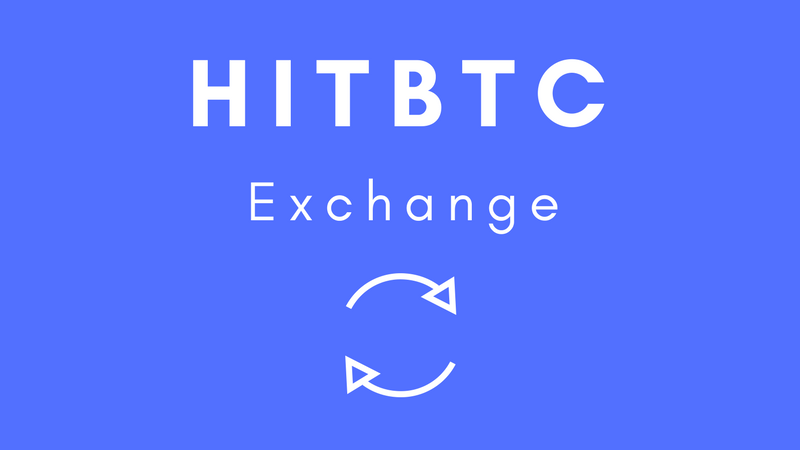
Onchain have posted the full footage to their YouTube of an interview Da Hongfei made on Chinese TV in August. In the interview, Da talks about the recent investment by international investment firm, Fosun. Fosun is China’s largest private conglomerate and one of its most active investors. The investment was said to be in the amount of tens of millions of yuan.
Da also discusses examples of how Fosun will use blockchain, target markets and the difference between Onchain and NEO.
The video and full translation into English can be found below.

Da Hongfei: At the very beginning, we created a public blockchain project called Antshares with an open source vision, very much similar to Bitcoin and Ethereum. In the process of creating and improving this blockchain network, we acquired a multitude of skills and gained interest from various enterprises looking for blockchain solutions. There was an increasingly high demand and growing number of requests from B2B enterprises that aimed to incorporate blockchain technology, within a specific industry climate, to accomplish industry specific tasks. Initially, the Antshares team was tasked with providing these solutions to the companies. Over time, we realised that this should be an independent endeavour that focused on B2B enterprise blockchain services. This eventually led to the establishment of an independent company, Onchain, with the prerequisite legal and financial frameworks.
The difference between Onchain and NEO is the focus on the creation of private and consortium blockchains, through the DNA architecture. Rather than creating a general purpose, public blockchain, which NEO is, DNA focuses on creating blockchain architecture that can be replicated to meet specific industry needs. The similarity lies in the fact that in the open-source technology that supports its growth, through its integrated and robust developer ecosystem. In the future, cross-chain interoperability will allow for deeper connections and interoperability between public blockchains like NEO, and various consortium and private blockchains.
Q: You mentioned that Onchain is developing an architecture for enterprise blockchain solutions, the DNA network. What is the target market for Onchain, and are you extremely bullish on the future of these target markets?
Da: I feel that this is an exceptionally large market, with vast potential. For the NEO project, its target market is mainly B2C, where the C represents the community. As an Internet company, the scalability of the technology is critical, as it determines the number of industries that this technology can be applied, and size of user adoption. This blockchain architecture can be applicable within multiple industries, be it finance, supply chain, and the list goes on. Therefore, I believe that the ceiling for growth is extremely high.
Q: Recently, there was news that Fosun group has invested in Onchain for a stake in the company. What effect does this investment have on Onchain. How will the funds be used?
Da: Regarding the Fosun Group investment in blockchain technology, specifically Onchain, funds are only one aspect. Fosun has major industry connections. The three major arms of their portfolio include finance, medical science, entertainment and lifestyle, which has good synergy with blockchain tech. This is why we chose Fosun Group as an investment partner, because we highly value the Enterprise resource that Fosun provide, a platform for Onchain to display blockchain technology.
Q: What is an example of using blockchain technology in Fosun enterprises.
Da: Insurance technology, a lot of insurance companies are experimenting the use of smart contracts, for automated payment for insurance payout, or B2B between insurance companies, a transparent form of settlement. Fosun is heavily invested in insurance technology, having in its portfolio international insurance companies, not only in China, but in Europe too. We will be able to use smart contracts to conduct Proof of Concept solutions within the insurance industry, to test its application and suitability for enterprise deployment.
Q: The technology framework is open source, so how does the collaboration process work in Onchain?
Da: The team is doing unique things, focusing on two things. The NEO blockchain is general use, open source, and community funded. Another team is focusing on Onchain, which is VC funded, and geared towards B2B enterprise services. Although separate teams, the flow of information between them is free moving. Now they can tap on to the community to do various technology and proof of concept testing. Once these POC concepts and technology are deemed to be mature, they have a corporate architecture in the DNA network, to facilitate deployment in real life use cases, such as consortium and private chains. As these consortium and private chains grow, they will eventually require interoperability. The general purpose, public blockchain will act as the foundation and base for the connection between these consortium and private blockchains. It is very interesting to see the constant back and forth, flow of information and learning between the two project teams, and the development community. This unique operation of the team is unique to NEO and Onchain, as we are the only development team that operates on this philosophy for blockchain development.
Q: Since the Onchain target market is B2B enterprise solutions, what are the competitors out there?
Da: Those that can compete with us, at a technological level, on the same playing field, within the country do not exceed five. There isn’t much competition in this aspect, it’s always the same few names being mentioned. How Onchain differs from this handful of technologically capable, B2B companies lies within the industry approach. Most of them use software services to run the operations and development team, and I have not seen any other company develop such a holistic developer ecosystem, as NEO and Onchain has done.
Big thank you to Jeremy (@jlqe) for the translation.







About The Author: Dean Jeffs
Dean is a digital project manager who has worked extensively with start ups and agencies in the marketing space. Fascinated by the potential applications of blockchain technology, Dean has a passion for realising the new smart economy.
More posts by Dean Jeffs